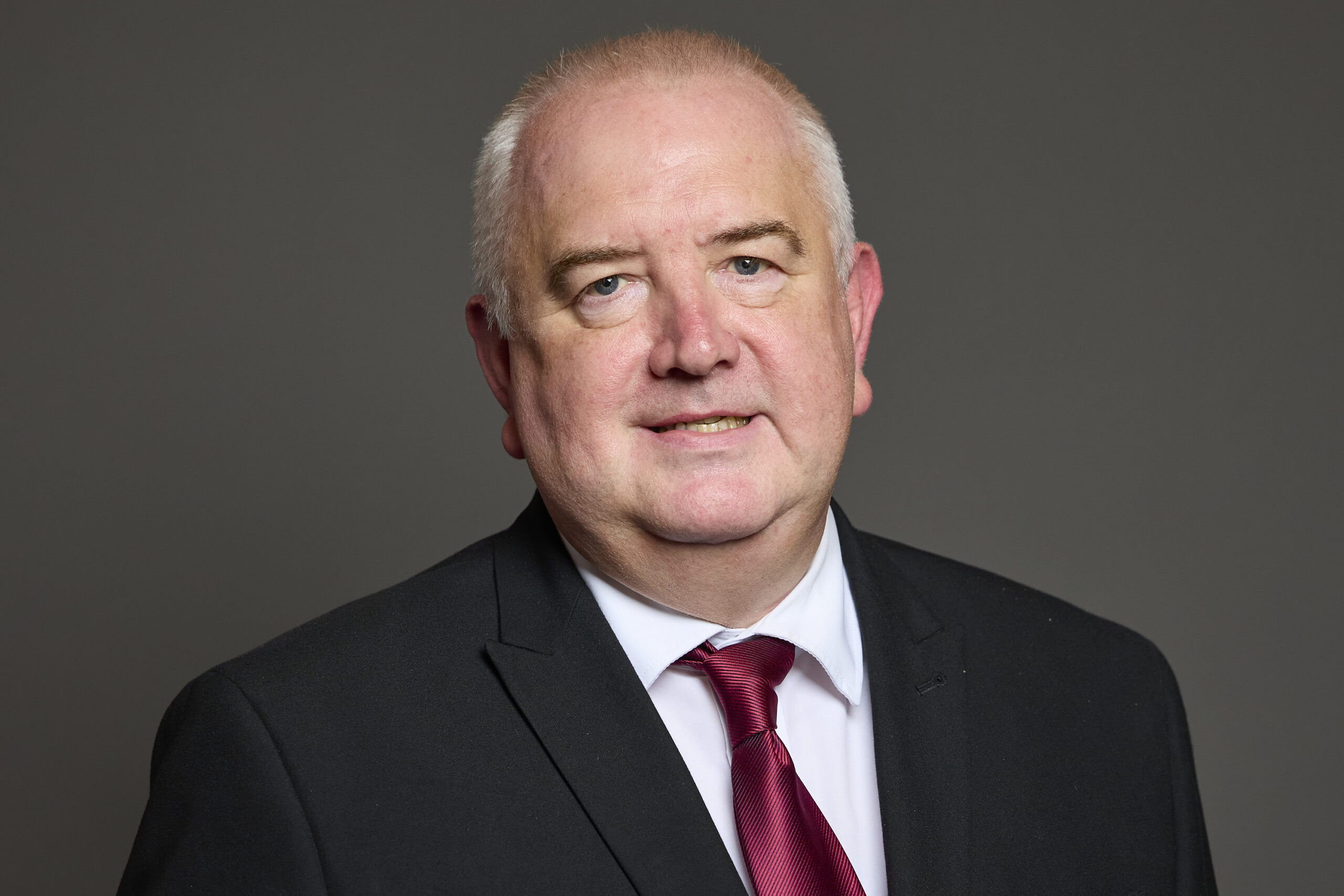Earlier this month, I led a Westminster Hall debate on the forced displacement of Palestinians in the West Bank. While the world’s attention remains fixed on the devastation in Gaza, we must not lose sight of the escalating crisis in the West Bank – where the expansion of illegal settlements, rising settler violence, and the demolition of homes and schools are driving thousands of Palestinians from their land.
The facts are stark. According to the UN, more Palestinians have been forcibly displaced from the West Bank in the past 18 months than at any time since 1967. Over 6,400 people have lost their homes due to demolitions, and a further 2,200 have been uprooted by settler violence and access restrictions.
These are not just numbers. They represent families torn apart, children denied education, and communities living in fear. Behind every statistic is a story – a child who can’t attend school, a parent who can’t access medical care, a family forced to flee their home. These are daily realities for thousands of Palestinians, and they demand our attention. I was particularly struck by the testimony of Marah, an eight-year-old girl from Jenin, who told Save the Children: “We are scared… Our school isn’t safe. Every day, there is the sound of drones.” No child should grow up in such conditions.
The UK government has a commitment to a two-state solution: a safe and secure Israel alongside a viable and democratic Palestinian state. But that vision is being undermined by the continued expansion of settlements and the systematic displacement of Palestinians. In May, the Israeli government approved 22 new settlements – the largest expansion in decades. One Israeli minister openly stated that this move was intended to “prevent the establishment of a Palestinian state.”
Such statements should concern us all. They are not only incompatible with international law but also with the UK’s stated foreign policy objectives. The International Court of Justice has made clear that Israel’s continued occupation of Palestinian territory is unlawful, and that all settlements should be evacuated. The UK must not turn a blind eye to these findings.
I welcome the steps the Government has taken so far, including sanctions on violent settler outposts and two far-right Israeli ministers. These are important signals. But we must go further. The UK should ban the import of goods from illegal settlements in the Occupied Palestinian Territories. We must ensure that our trade policy does not inadvertently support or legitimise violations of international law.
I was encouraged by the Minister’s response during the debate. He acknowledged the scale of the crisis, condemned the expansion of settlements, and reaffirmed the UK’s commitment to a two-state solution. He also recognised the disproportionate use of force by Israeli security forces and the devastating impact on Palestinian civilians. These are welcome words and words do matter, but they must be matched by further action.
Recognition of the State of Palestine is one such action. It is not a reward for one side or a rebuke to another. It is a necessary step to rebalance negotiations and to affirm the Palestinian people’s right to self-determination.
We must also continue to support humanitarian efforts and ensure that communities vulnerable to eviction have access to legal representation and protections against unlawful evictions. The UK has a proud tradition of standing up for human rights and the rule of law. That tradition must guide our response to the crisis in the West Bank.
Ultimately, peace will only come when both Israelis and Palestinians can live in security, dignity, and freedom. That means ending the occupation, halting the expansion of settlements, and ensuring that international law is upheld. It also means recognising the humanity of all those affected – whether in Gaza, the West Bank, or Israel.
The forced displacement of Palestinians is not just a political issue. It is a moral one. And it is time for the UK to act with the urgency and clarity that this moment demands.
A Just Peace Demands Action: The Need to Address Forced Displacement in the West Bank


